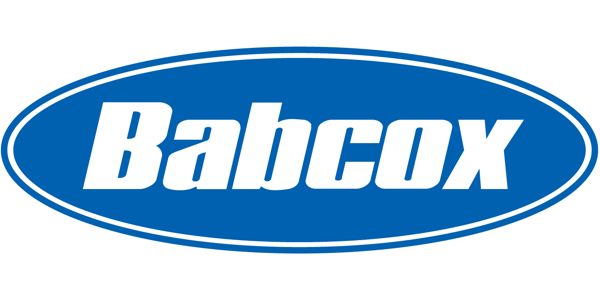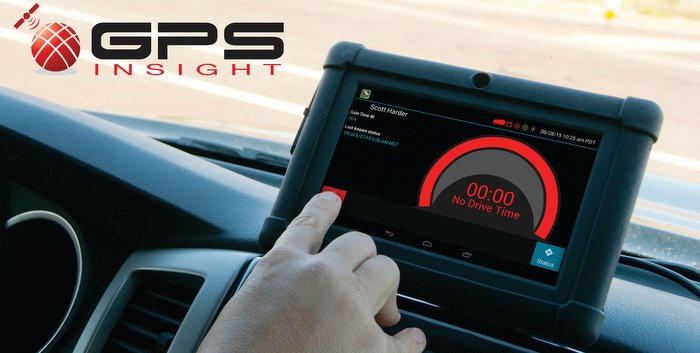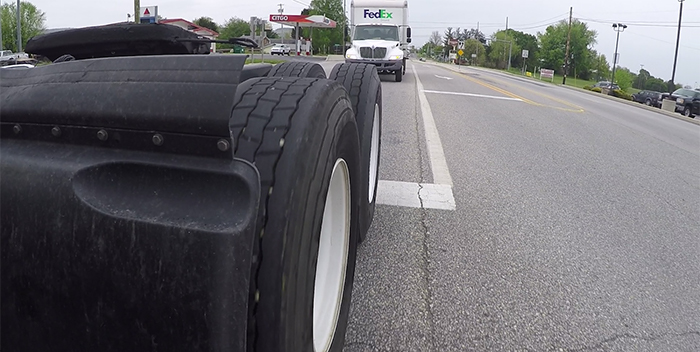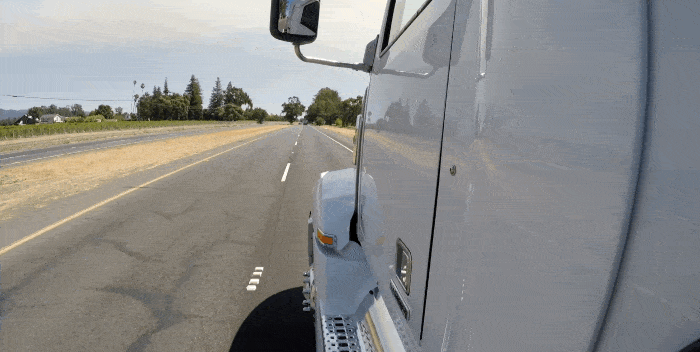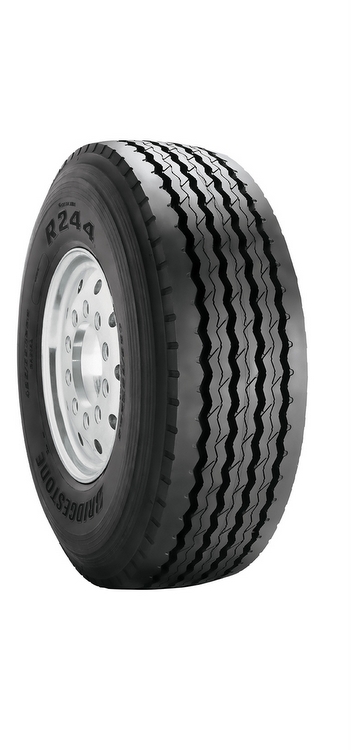Over the years, the driving force for companies in the market for full service leases of commercial vehicles usually could be put into one of two categories: money or maintenance. Sure, there certainly can be combinations of the two, but those are really the two reasons that leasing companies look at private fleets as their primary market.
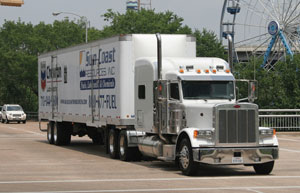
For-hire carriers know they have to invest in trucks and trailers; that’s their business. They know that they have to invest in the facilities and personnel necessary to keep their equipment in good condition. If they didn’t, their future would be very limited.
Private fleets, on the other hand, generally don’t like the idea of spending money on trucks. Most really don’t want to be in the trucking business at all. Because of various aspects of their businesses, however, some companies need to have a fleet of trucks available when and where they want them, but they would much rather spend their money on new production facilities or more merchandise to distribute, not a fleet of trucks. As we all know, acquiring and maintaining a fleet of trucks requires a huge amount of capital.
Enter the truck leasing industry with its ready equipment, capital resources, technical expertise and maintenance capabilities. When one combines the needs of companies for dedicated fleets and the capabilities of full service leasing companies, it’s clear why many beneficial, long-term partnerships between these two industry segments have occurred over the years.
New influences
Money and maintenance are two factors that have influenced truck lessees for years and will continue for the foreseeable future. There are, however, some new driving forces that are influencing fleet managers, especially those responsible for owned private fleets to take another look at leasing. Important among these forces are new regulations, in particular the Compliance, Safety, Accountability (CSA) program that was rolled out by the Federal Motor Carrier Safety Administration in 2010. The program uses data from roadside vehicle inspections to measure, among other criteria, vehicle maintenance and publishes a company rating on the Internet.
John Deris, senior vice president of national sales at Ryder, said, “We are seeing CSA become a more relevant issue because companies are held to a much higher standard by the DOT and local authorities relative to vehicle condition. A situation that was handled by transportation departments in the past has now moved up to boardroom levels because of the information available on the Internet. It can actually impact a company’s viability, as well as its ability to adequately maintain a private fleet.”
PacLease also sees regulations producing a growing interest in full service leasing. Neil Vonnahme, president of PacLease, said, “CSA compliance is another driver for private fleets to outsource fleet maintenance. There is increased scrutiny on equipment maintenance and the required corresponding recordkeeping. A PacLease Full Service Lease or Contract Maintenance program can help ensure the fleet meets CSA requirements for maintenance and recordkeeping.”
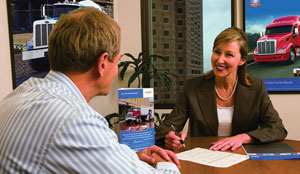
Compounding the need to increase maintenance standards is the continual growth in vehicle technology. Deris said, “The continuous change in technology is a very important factor, since it makes it very difficult for a company to remain compliant with CSA 2010. It requires constant retraining of technicians for fleets who maintain their own vehicles in an environment that already suffers from a major shortage of qualified technicians. CSA 2010 requires a significant investment in infrastructure by a fleet in order for it to maintain its equipment satisfactorily.”
PacLease’s Vonnahme said, “It’s also becoming more and more difficult for fleets to maintain their own vehicles because of the growing complexity of today’s trucks and the difficulty in finding qualified technicians. PacLease provides options so our customers can make the best decisions for their companies.
“For example, on the purchasing or acquisition side, if the customer has missed an EPA cycle, there can be sticker shock because of what new technology costs today,” he adds. “We can mitigate that upfront cost through a full-service lease program. Then there is always the question of what that truck will be worth when it is time to dispose of the vehicle. With a full-service lease, our customer will return that truck to us at the end of the lease. We take on the risk of what that truck is worth at the end, its residual value. We also invest heavily and continuously in trained technicians to support the new technology. It comes down to how much internal expertise our customers have and how much they’re willing to spend to gain that expertise. At the end of the day it’s about what is right for the customer.”
Vonnahme said, “Our leasing specialists work in a very consultative way with our customers. For example, we have customers who have multiple locations across the U.S. and Canada that may choose to have full service leasing in one location, but do their own vehicle maintenance in another location. Our goal is to support our franchised dealers so they are able to offer all of the services that are available in the marketplace. When we combine a dealer’s core competencies with what PACCAR Financial does on the finance side and what PacLease can do with full-service leasing, we can meet that goal.”
Many options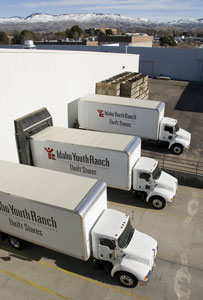
Leasing companies have developed an array of programs designed to fill the needs of fleets concerned about the money and maintenance required to keep its vehicles on the road.
Realize, of course, that leasing companies generally can provide substitute equipment, licensing, fuel tax reporting, safety program assistance and access to fuel purchases. That’s where the “full” in full service leasing comes into play.
Vonnahme said, “Our dealers are able to say to a customer, ‘If you want to buy a truck, you can buy it. If you want to rent a truck, you can rent it. If you want to lease a truck, you can lease it. If you want us to maintain your truck, we can maintain it.’ Through our franchise dealers, we want to support a truck through its lifecycle, so that the customer gets the maximum return on their investment.”
In addition to its full service lease offerings, Ryder also has programs to answer the varied service needs of its customers. For example, through its On-Site service, Ryder will set up and operate a maintenance facility on its customer’s property to maintain its entire fleet using Ryder personnel, Ryder parts and Ryder technology. The customer receives the benefits of professionally managed fleet maintenance right at its location.
Ryder’s Preventive Maintenance program uses its network of 800 locations and 5,000 technicians to provide scheduled maintenance and optionally take care of major repairs when they’re needed. The program includes regularly scheduled preventive maintenance, all inspections, repairs and warranty work, roadside assistance and detailed record-keeping.
While full service leases are appealing to many private fleets, finance leases are attractive to some over-the-road truckers. In operating leases, the leasing company assumes the risk of the truck’s residual value at the end of the lease. PACCAR Financial offers a finance lease in which the customer is responsible for the risk associated with the residual value of the truck.
Todd Hubbard, president of PACCAR Financial, said, “Because there is a residual, the customer will have lower lease payments than he would with a standard retail loan, but he faces the risk that the residual value will be higher than he can realize through the sale of the vehicle at contract maturity. If he’s underwater with the residual at the time of maturity, the customer will often refinance the residual.”
Spec’ing assistance
All leasing companies have experienced individuals on their staffs who are able to analyze a fleet’s needs and recommend equipment that can best serve its individual needs. Vonnahme said, “From a full service lease standpoint, the worst thing that we can do is to assume the configuration of the vehicles our customer is running today is the same as what they should be running in the future. We work with our truck divisions and with our franchised dealers to really understand customers’ applications, which can vary from location to location even with the same customer. We don’t want to assume anything. We want to understand what and where their challenges are, then help customers design a truck specifically for their needs. It’s not necessarily its original price, but a truck’s lifetime cost and how much revenue that truck can generate for the customer.”
PACCAR Financial looks on specs a bit differently because it will write leases in which it accepts the risk of a truck’s residual value. Hubbard said, “We encourage customers to spec a truck that brings maximum resale value in the used truck market. This creates a situation for most customers that is counterintuitive because specs that drive up the price of the truck increase its residual value even more so, therefore resulting in monthly payments lower than a less expensive ‘basic spec’d’ truck. At the end of the day, it’s the payment amount, not the price of the truck, that is important.”
And you can still take advantage of bonus depreciation in 2013. Hubbard reminds that the 50% bonus was reinstated for this year.
“On a fair market value lease, we own the equipment and lease it to the customer so PACCAR Financial actually gets the benefit of the accelerated depreciation,” he said. “In all cases, however, we pass on that benefit to the customer in the form of a lower payment.”

